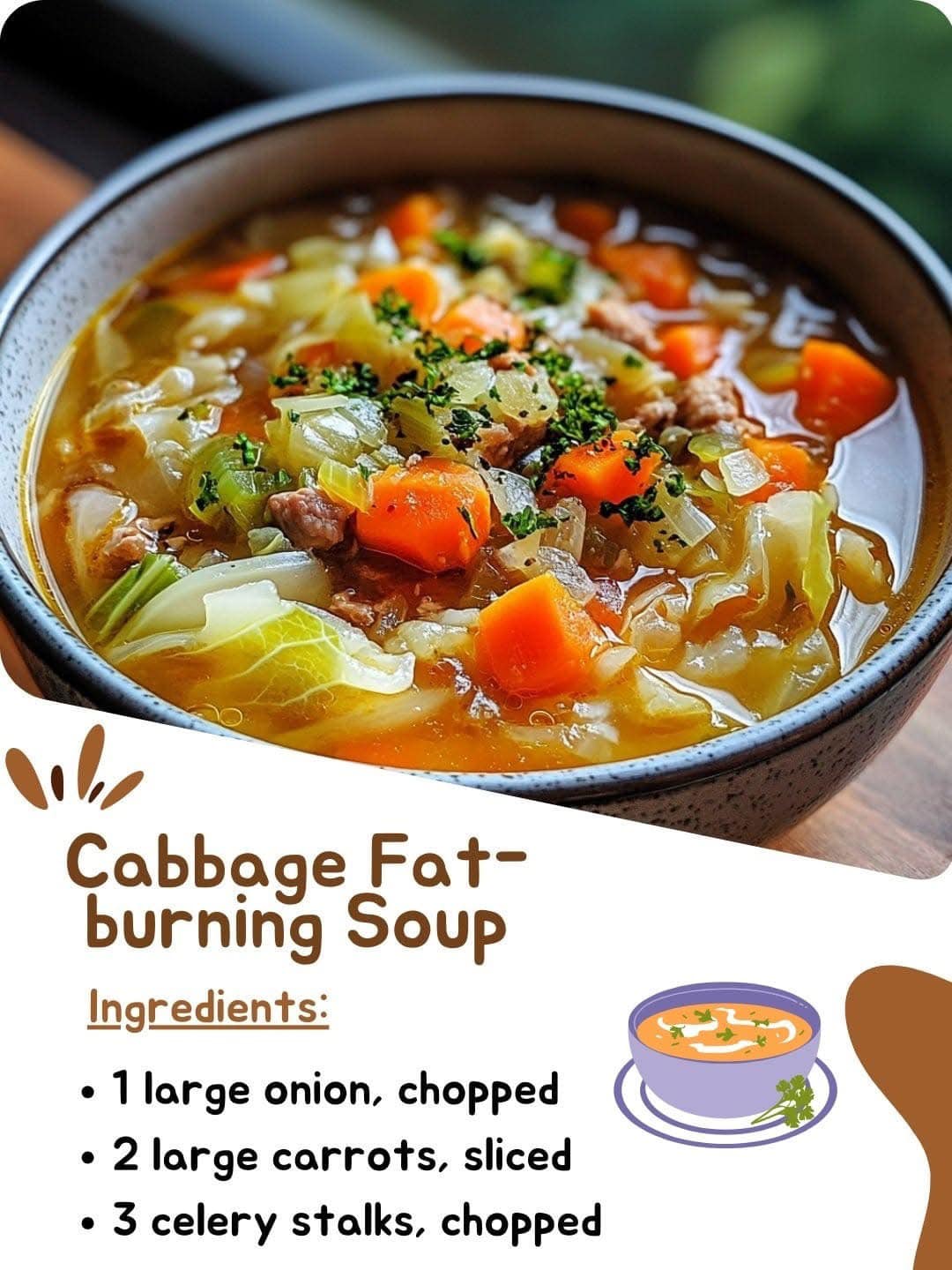Introduction:
Eggplant is a versatile and light ingredient, perfect for those seeking a healthy and tasty dish. This recipe will surprise you with its simplicity and deliciousness. Baked eggplant is perfect for a light and nutritious dinner, ideal for the weekend or when you want a satisfying but not heavy meal. Not only are they easy to prepare, but they’re also a weight-loss dish, rich in nutrients and low in calories. If you’re looking for a delicious and healthy recipe, these eggplants are the answer!
Ingredients:
2 large aubergines
2 tablespoons extra virgin olive oil
1 clove garlic, finely chopped
1 teaspoon dried oregano
Salt and pepper to taste
2 tablespoons wholemeal breadcrumbs
50g grated cheese (optional)
Chopped fresh parsley for garnish






